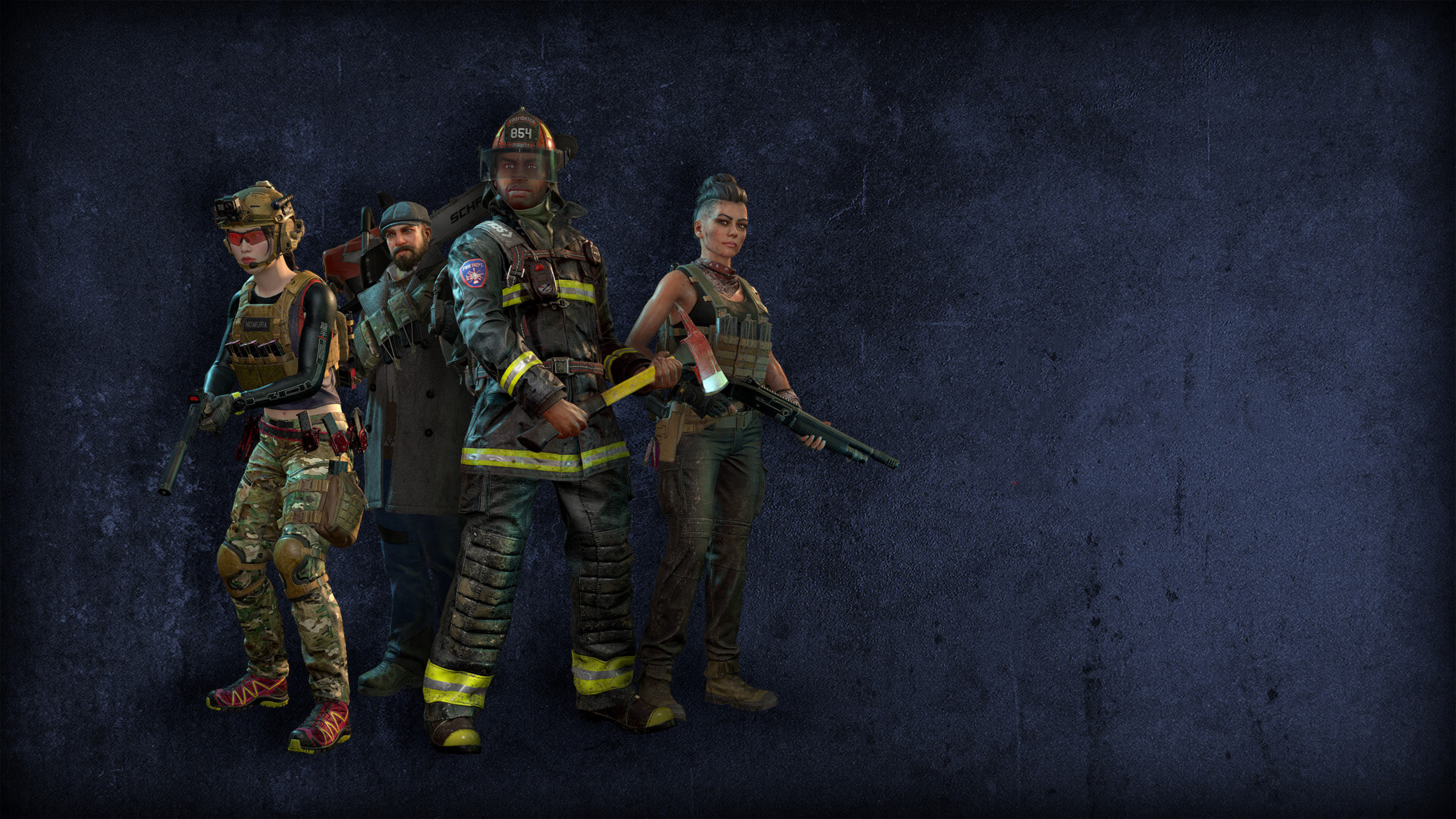

In doing, they become great levelers, creating a post-apocalyptic world where the old rules no longer apply - one that serves as a physical and spiritual proving ground.

The hordes attack civilization itself, and so act as a supernatural retribution for the collective sins of our cushy consumer society. Unlike most Hollywood monsters, the undead don't merely destroy people. The core of the genre's appeal - and the appeal of post-apocalypse fiction in general- is the underlying message that we deserve what we get. Since George Romero created the template with Night of the Living Dead, zombie fiction has belonged to the realm of horror - even if it's the comic-metaphysical horror of Shawn of the Dead or Zombieland. The moral texture also gets lost in the mix, and therein lies the film's biggest flaw. The political and cultural texture is overwhelmed by the admittedly gorgeous chases, crashes, computer-generated hordes of undead, and by the need to have Pitt's mug on screen as much as possible.

World war z background movie#
Very quickly, though, as befitting a summer blockbuster with a $200-million budget, the movie turns to a fairly standard action-adventure flick, albeit one with an unconventional hero. The film only teases the political perspective with Pitt's character - a UN investigator - visiting Korea and Jerusalem early in the film. It offers compelling scenarios showing how nations fight the zombie threat, each according to national character, with Ludlum-like levels of geopolitical detail. Similarly, Brooks's novel has a global reach and political bent. The movie, which stars Pitt and no one else you've heard of, un ambitiously confines itself to just a few days of action. There's no such grand scope for the film, sadly. The novel spans years, starting with the first outbreaks of the mysterious "human rabies" that creates zombie hordes and ending when the war on "Zeke" has been won.


 0 kommentar(er)
0 kommentar(er)
